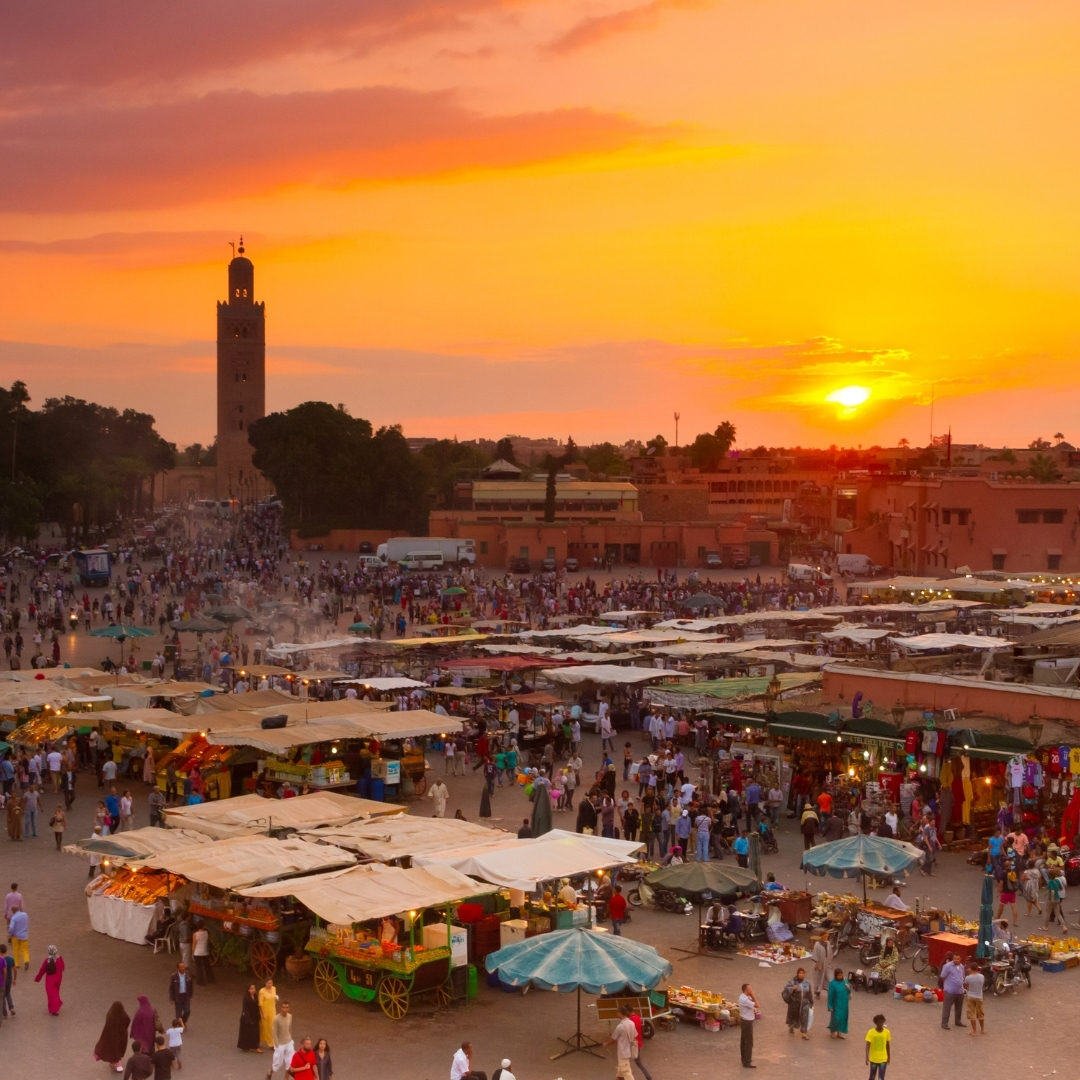Ethical Tourism: How to Support Local Communities in Africa and the Middle East
Traveling is an enriching experience that allows us to explore diverse cultures, landscapes, and ways of life. However, it’s important to remember that our presence as tourists can have significant impacts on local communities, both positive and negative. Ethical tourism focuses on making these impacts positive by supporting local economies, respecting cultural traditions, and traveling with sensitivity. Here’s how you can be a more responsible traveler when visiting Africa and the Middle East.
1. Choose Local Accommodations and Services

Supporting local businesses is a key principle of ethical tourism. When choosing accommodations, restaurants, and tour services, opt for locally owned establishments instead of international chains. This ensures that your spending benefits the local economy and helps sustain small businesses.
- In Morocco, stay at a traditional riad, which is often family-owned, rather than a multinational hotel.
- In Kenya, consider locally-run lodges or camps for your safari adventure.
2. Respect Local Cultures and Traditions

Understanding and respecting local customs and traditions is crucial when traveling ethically. Take time to learn about the cultural norms of the places you visit and always act with sensitivity and awareness.
- In Egypt, dress modestly when visiting religious sites and always ask for permission before photographing people.
- In Jordan, remember to greet people with respect and use polite language, especially when engaging with locals in markets or rural areas.
3. Engage in Sustainable Practices

Traveling with environmental consciousness is another key aspect of ethical tourism. This involves minimizing waste, conserving resources, and participating in eco-friendly activities.
- In South Africa, choose safari lodges that practice wildlife conservation and minimize their environmental footprint.
- In Tanzania, avoid using single-use plastics and participate in beach clean-ups to protect the pristine coastlines.
4. Participate in Community-Based Tourism

Community-based tourism allows travelers to engage with local communities in meaningful ways while directly benefiting the people who live there. This can include staying in local homestays, participating in cultural exchanges, or supporting community projects.
- In Namibia, stay in a community-run lodge where proceeds support local conservation and development initiatives.
- In Uganda, visit a local village and learn about traditional crafts and customs while supporting local artisans.
5. Support Fair Trade and Artisan Goods

When shopping for souvenirs or gifts, choose items that are locally made and support fair trade practices. This ensures that artisans are fairly compensated for their work and helps preserve traditional crafts.
- In Morocco, buy hand-woven rugs from a cooperative that supports local women.

